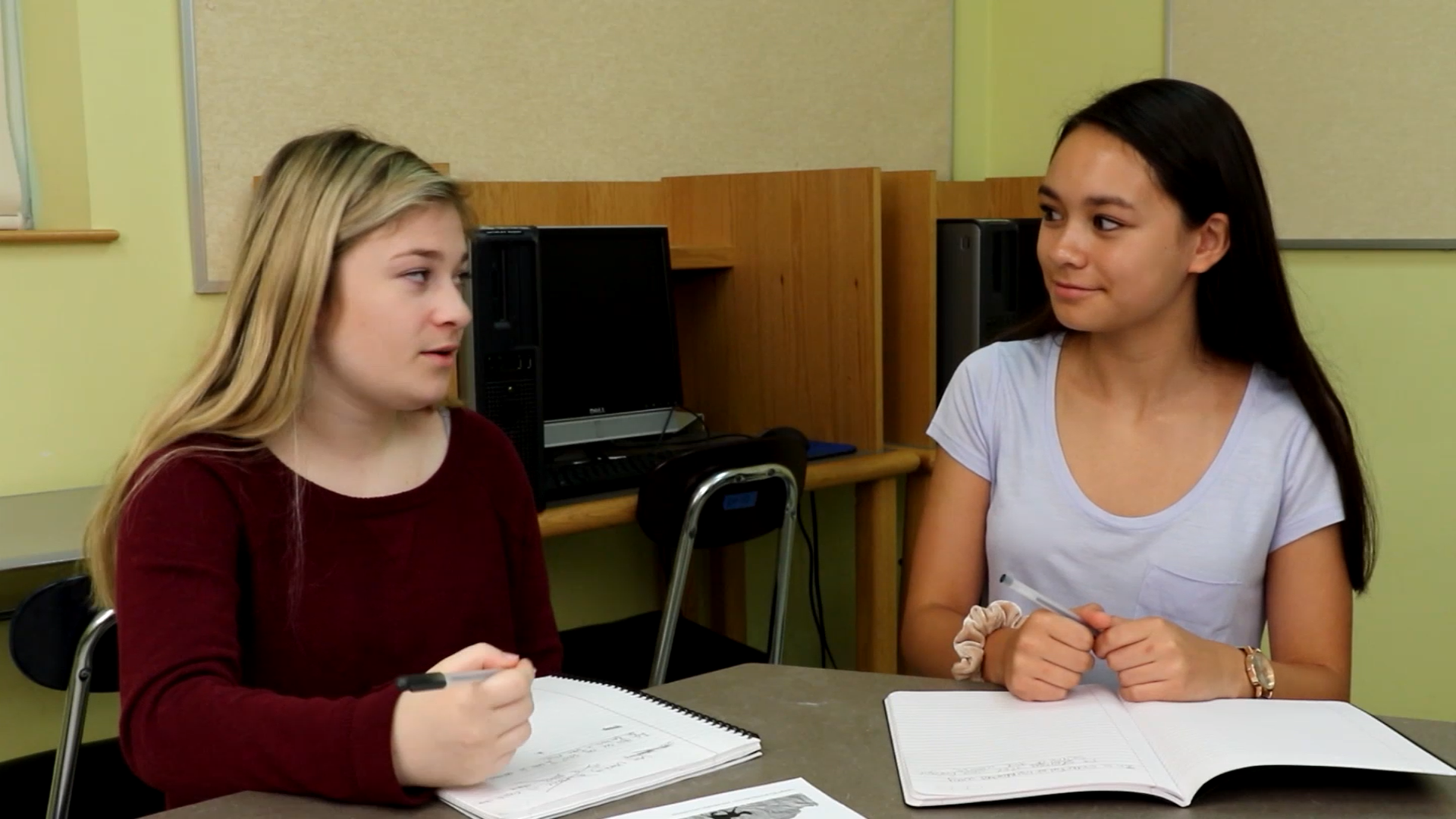
Introduction
Honesty is an essential skill in building strong relationships and fostering a positive environment. However, there’s a delicate balance between being honest and being too honest, which can sometimes hurt others’ feelings. This blog post will explore activities and discussion questions that educators can use to teach students the importance of honesty while being mindful of others’ emotions. By learning to think before speaking, students can still be honest without saying everything they’re thinking.
No-Prep Activity: The Honesty Filter
This activity requires no preparation or materials from the educator. It’s designed to help students practice the skill of filtering their thoughts before sharing them with others. Here’s how it works:
- Ask students to pair up and have a casual conversation with their partner.
- Encourage them to share their thoughts and opinions with each other while being mindful of the impact their words may have on the other person.
- After a few minutes, ask the students to switch partners and repeat the process.
- Once the activity is complete, bring the class together and discuss their experiences. Were they able to maintain honesty while being considerate of their partner’s feelings? How did it feel to filter their thoughts before speaking?
Discussion Questions
- Why is it important to be honest with others, and what are the potential consequences of being too honest?
- Can you think of a time when someone was too honest with you? How did it make you feel?
- What strategies can you use to determine if something is necessary to say or if it should be kept in your head?
- How can focusing on the positive aspects of a situation help maintain honesty without hurting others’ feelings?
- Why is it crucial to consider the other person’s feelings and emotions when sharing your thoughts and opinions?
Related Skills
Developing the ability to balance honesty and sensitivity in communication is just one aspect of social-emotional learning. Other relevant skills for students to cultivate include:
- Active listening: Truly hearing and understanding what others are saying.
- Empathy: Putting oneself in another person’s shoes and understanding their emotions.
- Conflict resolution: Finding solutions to disagreements in a respectful and constructive manner.
- Assertiveness: Expressing one’s thoughts, feelings, and needs in a confident, respectful, and non-confrontational way.
Next Steps
To further explore activities and resources that can help your students develop the skills discussed in this blog post and others, sign up for free samples at Everyday Speech. By incorporating these principles into your classroom, you can empower your students to communicate more effectively and foster a positive learning environment.

